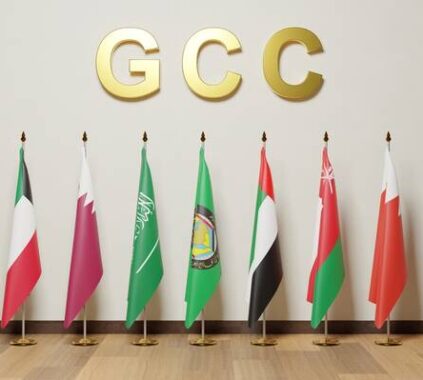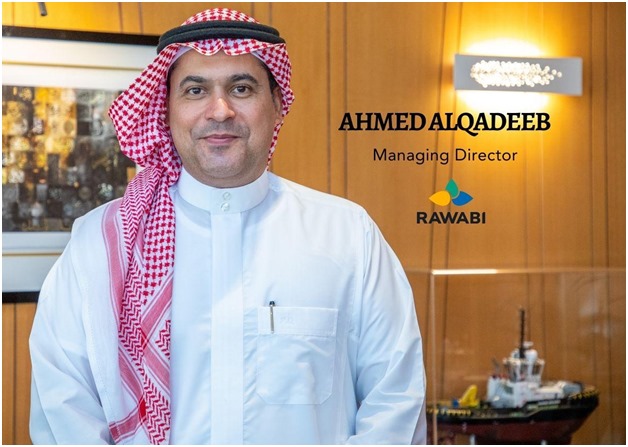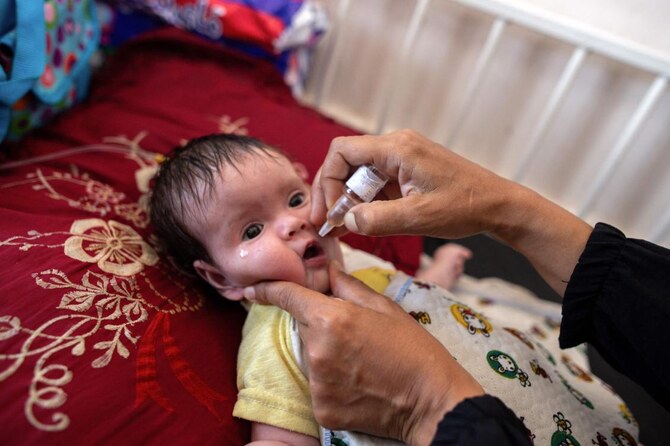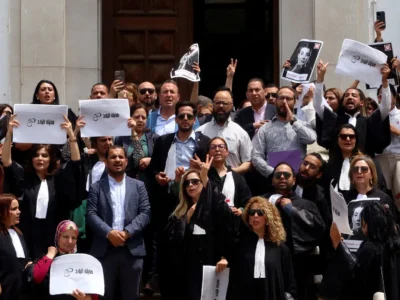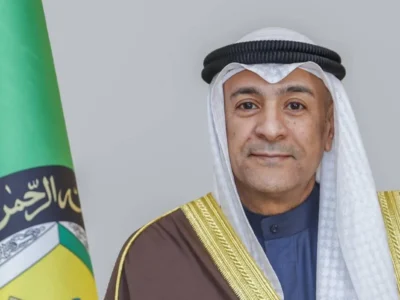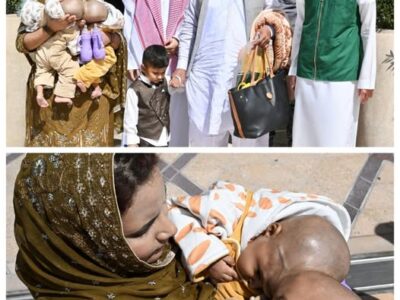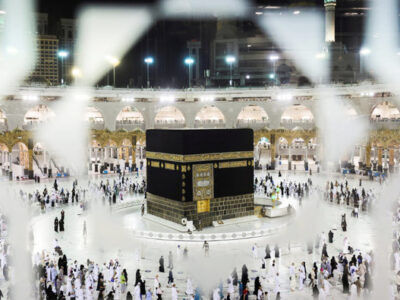Kuwait’s political landscape is set for a significant transformation as 42 candidates, including two women, stepped forward on the first day of registration for the upcoming National Assembly elections. The Elections Affairs Administration of the Interior Ministry has officially opened its doors to candidates for the 18th legislative session, kicking off a 10-day period for potential leaders to declare their intentions.
Diverse Lineup Emerges
Former National Assembly Speaker Ahmed Al-Saadoun and seasoned former deputy Marzouq Al-Khalifa are among the early candidates, signaling the presence of experienced figures in the election lineup. Their participation adds weight to the evolving political narrative in Kuwait.
National Assembly-Calls for Reform and Citizen Engagement
Al-Saadoun took the opportunity to emphasize the significance of forthcoming reforms and the role of informed citizen choices in shaping the nation’s future. He outlined the unprecedented nature of the assembly’s focus on reformist issues, pointing to a consensus among 48 members on groundbreaking legislative priorities.
Wide-ranging Candidacies Reflect National Interest
A diverse array of candidates, including Ahmad Larie, Omar Al-Tabtabaie, Abdul Kareem Al-Kandari, Abdul Wahab Al-Essa, and others, have submitted their candidacies. This eclectic mix showcases a spectrum of perspectives and backgrounds, highlighting the broad representation sought in Kuwait’s democratic process.

Inclusive Democracy: Two Women Enter the Fray
Breaking barriers, former deputy Dr. Janan Bushahri announced her candidacy, adding a significant dimension to the election. Her decision to run underscores the increasing inclusivity of Kuwait’s political landscape and the growing role of women in shaping the nation’s policies.
Election Eligibility Criteria
The Ministry of Interior has outlined strict eligibility criteria for National Assembly candidates. These include Kuwaiti citizenship by birth, meeting voter qualifications, being listed on an electoral roll, proficiency in reading and writing Arabic, and a minimum age requirement of 30 years on election day.
Legal and Ethical Standards for Candidates
To ensure the integrity of the electoral process, candidates must not have prior convictions for dishonorable, untrustworthy, or blasphemous acts unless legally cleared. This stipulation aims to maintain the ethical standards expected of those seeking public office.
Financial Commitment and Accountability
Candidates are required to pay a 50 Kuwaiti dinar deposit (equivalent to $160 USD) for charity, a refundable amount in the event of withdrawal or if they receive less than one-tenth of valid votes. This financial commitment underscores the seriousness of those seeking political representation.
Anticipation for an Engaging Election Period
As the candidacy period unfolds, Kuwaiti citizens eagerly await the development of a vibrant electoral campaign. The diverse pool of candidates, coupled with a focus on reform and citizen engagement, sets the stage for a dynamic and impactful National Assembly election.
In the coming days, the nation will witness the evolution of this political landscape, with each candidate contributing to the shaping of Kuwait’s democratic future.
Also Read
Ramadan 2024: UAE Declares Shortened Working Hours for Public Sector Employees
Madinah Buses Prepared to Serve Visitors During Ramadan 2024 in Saudi Arabia
















